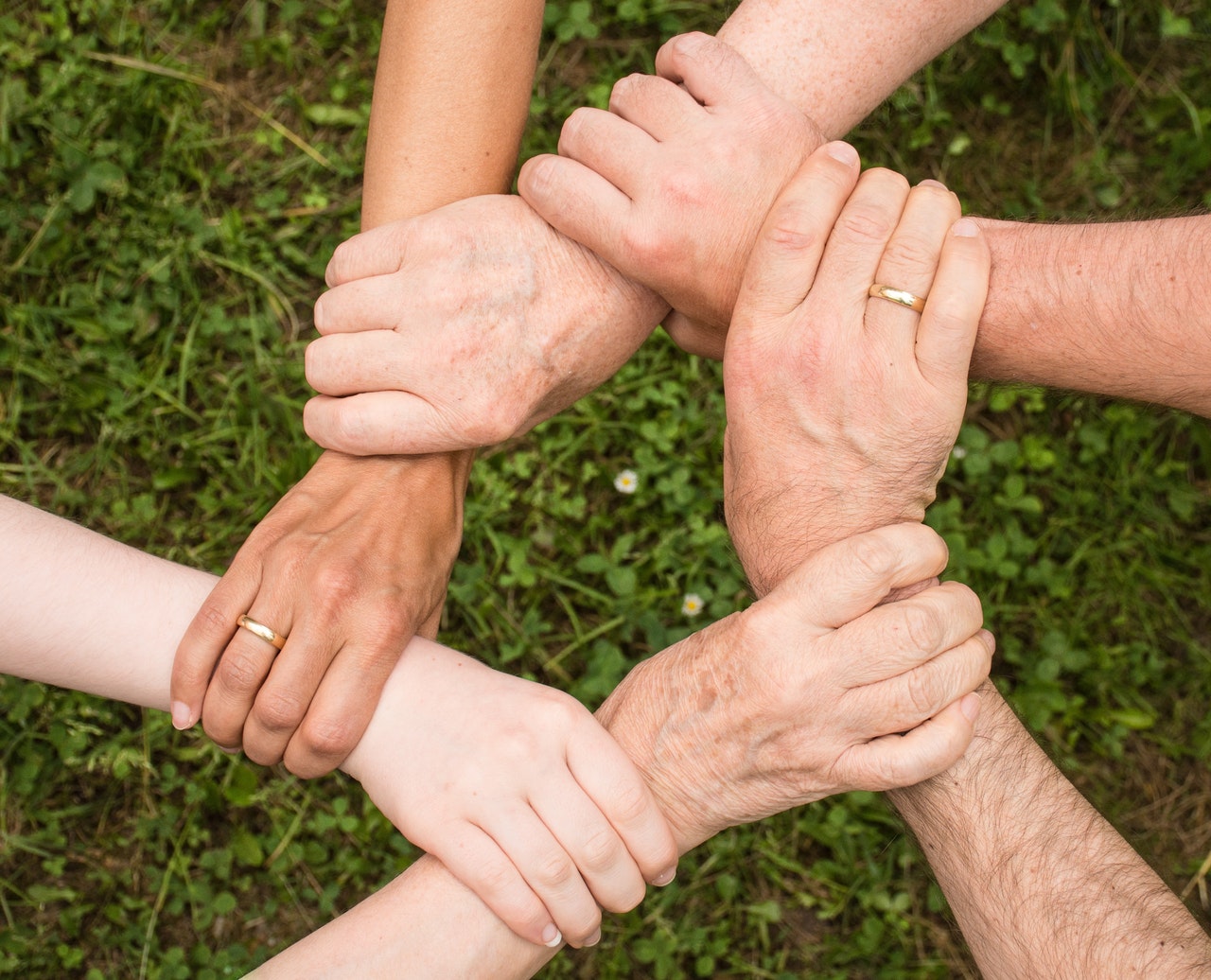For the fourth year in a row, I’m in a leadership position for a club centered around education and outreach for non-normative identities and relationship structures. It’s a group that requires me to maintain the anonymity (and thus the trust) of dozens of members while still being transparent and honest with the university. This seemingly impossible balancing act works because Stanford University trusts us as a formal Voluntary Student Organization, our members trust the leadership of the club and we trust that all our members heed the community guidelines. Every time I think about this, I’m surprised and humbled that I’m allowed to hold this position. It is very strange to me to be considered trustworthy.
Trust, once lost, is very difficult to regain. I know this from personal experience. I was not an honest child, and I never quite regained my parents trust after years of lying. Considering our current estrangement, I doubt I will ever gain that trust back.
My parents were completely justified in not trusting me. I lied a lot. I lied to them throughout the whole college application process. I made several promises as part of the agreement of letting me go to college away from home. I got to college and immediately broke 95 percent of them. Covering my hair? Nope. Attending regular meetings at the Muslim Student Union? Nope. Call and talk to them regularly? Nope. Don’t become a lesbian? (Well, I didn’t become a lesbian, but I don’t think being bisexual is any better.) So yeah, I wasn’t very trustworthy. Hey, I haven’t done any drugs though! Not a drop of alcohol, no marijuana, nothing.
Yet the current people in my life consider me an honest person. My roommate recently told me, in response to me not buying any more mugs (long story), “I mean, you said you wouldn’t, and I don’t expect you to go back on your word.” I was shocked. Another close friend said “Dabiyyah does not have a habit of exaggerating, so I trust her perceptions of events.” I was, again, completely surprised.
In case it isn’t clear yet, I lied to my parents (and other family members) a lot. I usually lied to my parents out of fear, with occasional occasions where I just disagreed with them on a fundamental level, and thus would promise to stop doing something but continue doing it behind their backs (case in point: reading fiction when not allowed). I am not scared of my roommate, nor am I scared of my friends and partners. I don’t feel the need to placate them when they want me to do something I disagree with, and I don’t feel the need to hide parts of my life from them. Thus, I have not lied to the people currently in my life.
However, I’m still not convinced that I’m an honest person. In my view, honesty means speaking the truth even in situations where it is disadvantageous. Being honest and trustworthy means not lying in situations where you’d be much better off if you did lie. I’m not sure that being honest when there’s nothing to lose counts as being trustworthy. Since coming to Stanford, I’ve not been in situations where being honest leaves me worse off. I’m far less terrified in my day to day life. There’s no one whose wrath I’m actively avoiding. There are clear ways to make up for my mistakes, and I’m not frequently asked to do things I can’t stand. When I am, I’m allowed to say no. I’ve grown a lot as a person. I’ve changed, I think, for the better. I’m no longer sure what my default reaction is to fear of another person. I don’t know that having no reason to lie is enough to to be and honest person. Because I don’t know what my reaction is to having a reason to lie, I’m not yet ready to call myself an honest person. I do think I’m closer than I used to be.
Contact Dabiyyah at bagbere ‘at’ stanford.edu.
